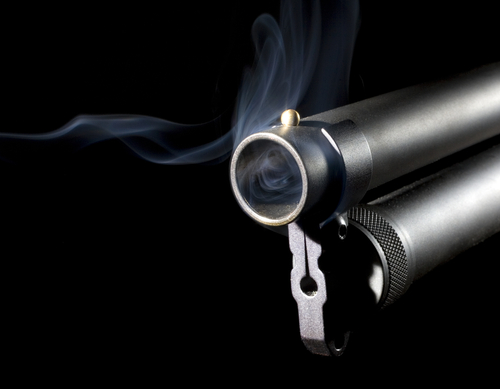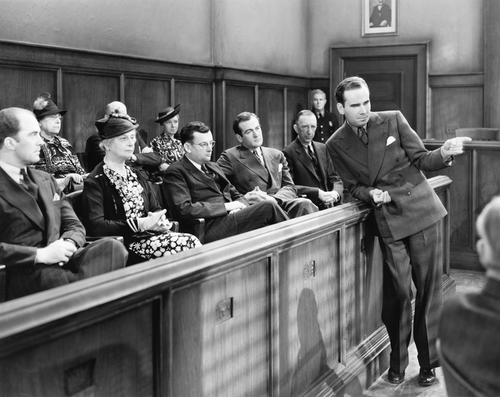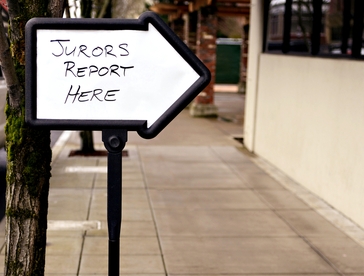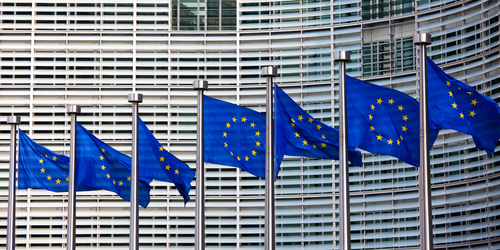A federal magistrate judge has released on bond the accused trade-secrets larcenist and former W. L. Gore & Associates, Inc. employee Kwang Seoung Jeon, who was arrested as he allegedly tried to flee the United States for his home country of South Korea.
Jeon had notified the company—maker of Gore-Tex fabrics—that he was leaving the company to return to South Korea as a consultant after being told he would not receive a raise. In a fact pattern becoming all too familiar in trade secrets theft prosecutions, Jeon then allegedly printed book-size documents from his work computer relating to the company’s camouflage technology, in violation of the Economic Espionage Act. According to the criminal complaint, Jeon also attached three USB devices and two external hard drives to his work computer before leaving Gore, thereby accessing more than 800 company documents. READ MORE











